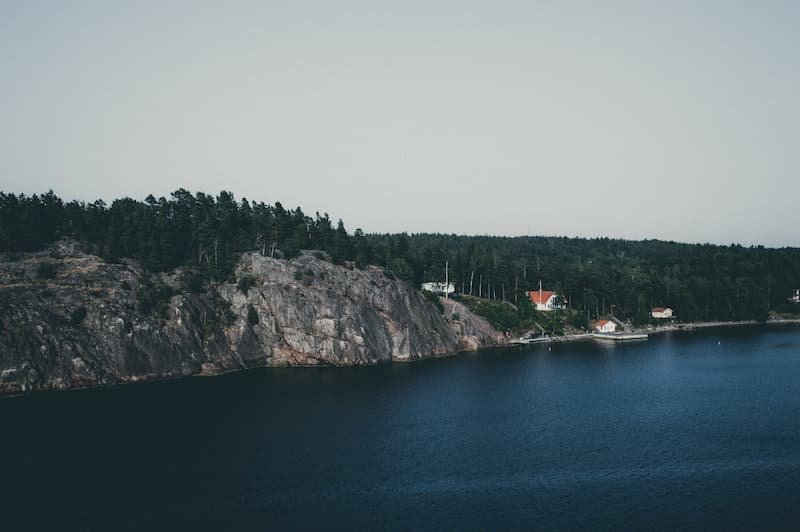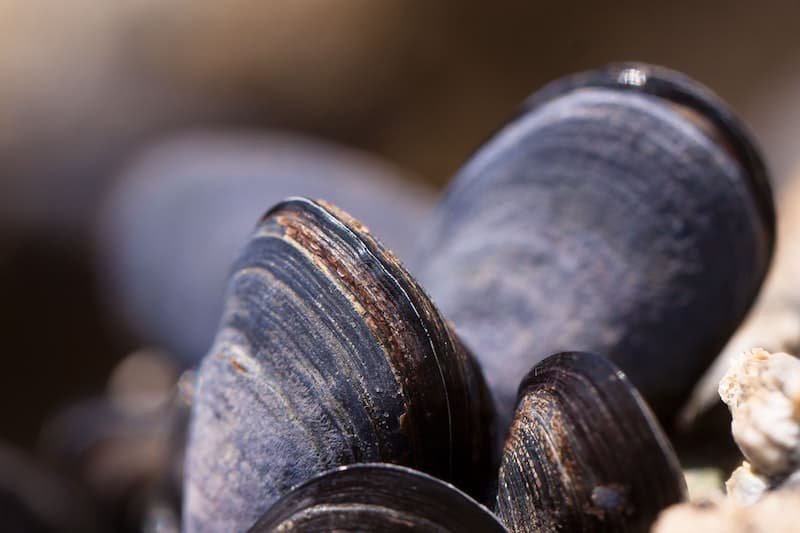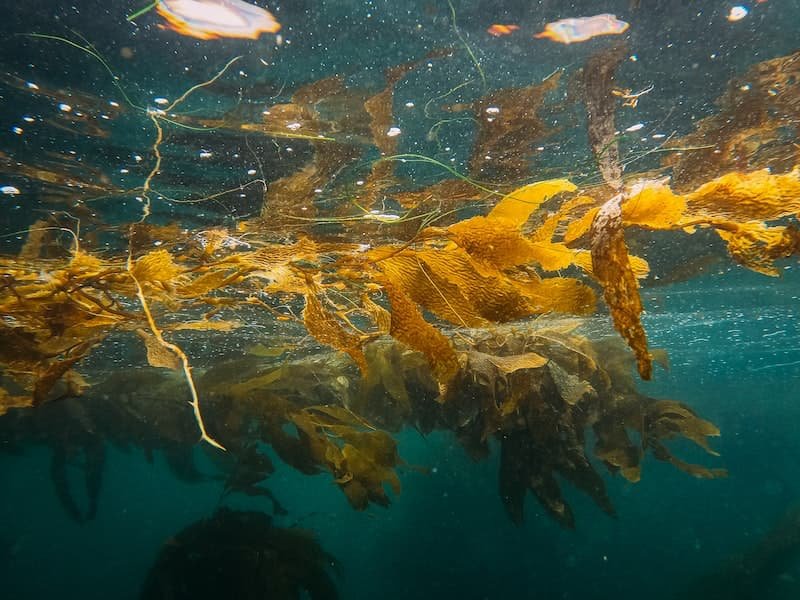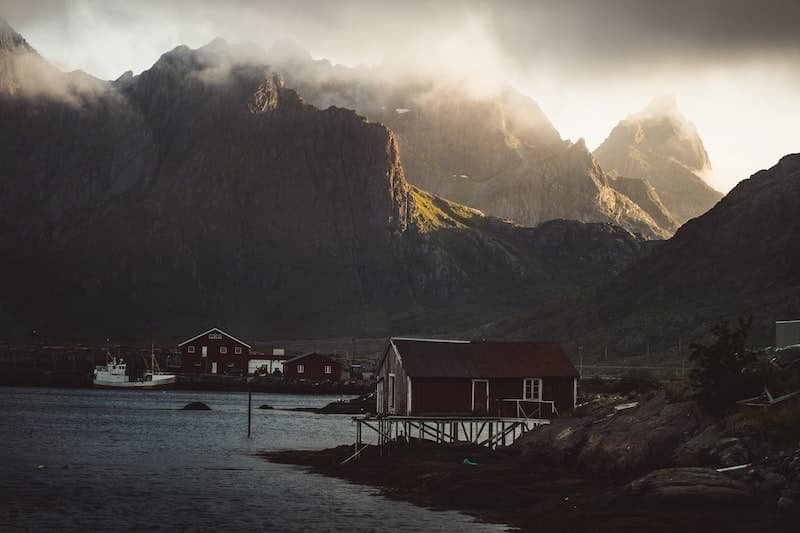
 Olivia Møller
Freediver - Activist - Explorer
Olivia Møller
Freediver - Activist - Explorer

 Olivia Møller
Freediver - Activist - Explorer
Olivia Møller
Freediver - Activist - Explorer
In Denmark, a small NGO called Havhøst is working to make food production in the ocean truly sustainable so that ocean life may flourish once again. Their idea is simple — they want to spread the knowledge that mussels, oysters, and seaweed can support human life and return the undersea deserts created from years of human-led abuse to thriving ecosystems.
For years, it's been documented by The Technical University of Denmark (DTU) that small-scale fishermen in Denmark have caught increasingly fewer fish. They've confirmed that Danish fish populations in coastal waters are diminishing, and research is ongoing to determine the exact scope of the problem. Extensive fishing and excess nutrition from land-based agriculture, the climate crisis, and the loss of habitats are some of the factors causing this.

Mussels act as natural filtering systems that clean the ocean water for excess nutrition. Mussels, oysters, and seaweed form a paradise for other species as habitats, key nursery areas, natural refuges, and feeding grounds. All of which are key to supporting biodiversity below the surface and back to Denmark's waters. In the perfect setup, mussels, oysters, and seaweed are even grown together. This is called multitrophic cultivation and works in contrast to monoculture cultivation of things like wheat on land that leaves little room for any life, other than the wheat itself, which results in a loss of biodiversity. The opposite lies at the heart of the Havhøst proposition to promote small-scale, multitrophic cultivation, so that the mistakes from farming on land are not repeated at sea.

Land makes up less than a third of the Earth's surface, and less than a third of that land is usable for agriculture. On the other hand, more than 70% of the Earth's surface is water. For example, ten kilograms of beef needs 200 m2 of land. At sea, ten kilograms of mussels only needs 0.3 m2. In this light, ocean farming gets a whole new perspective and can contribute to safeguarding and restoring wild nature on land and in the ocean. Small-scale multitrophic ocean farming is not only sustainable but a regenerative form of producing food and giving more back to nature than it takes.

Currently, there are initiatives taking place around Denmark that demonstrate the potential of regenerative ocean farming. Recently, the EU-funded OLAMUR project will bring together key sectors to demonstrate sustainable commercial solutions for both the North and the Baltic Sea. It will establish pilot demonstration sites where seaweed and blue mussels will be grown within wind farms. A pilot site will be created in the Baltic Sea at Kriegers Flak on the east coast of Denmark. In the Baltic countries, the potential of seaweed farms doubling as carbon sinks and food sources is garnering attention.

Unfortunately, we have yet to see industry leaders and politicians actively embrace regenerative ocean farming. So, the change is beginning with everyday people. In Denmark, people with different backgrounds, from smiths to teachers to biologists, are coming together to organize communities, creating their own blue community garden across the Danish coastlines. This presents a good business opportunity for local fishermen. With manageable effort, they can grow bivalves and seaweed and generate income to supplement their lost revenue from fishing. In the process of cultivation, they will even create marine environments conducive to future fish populations.